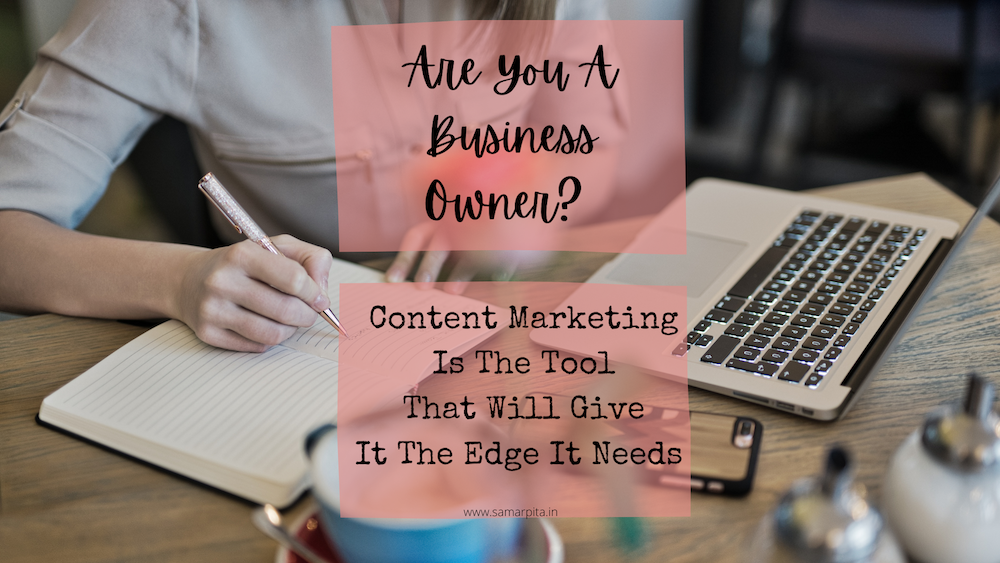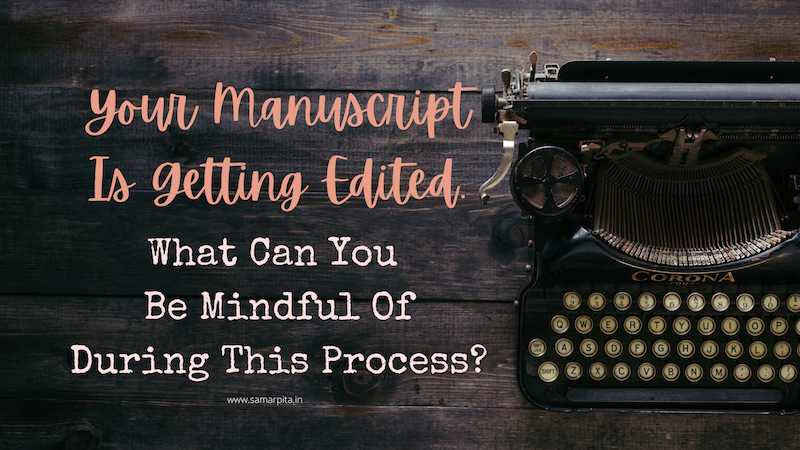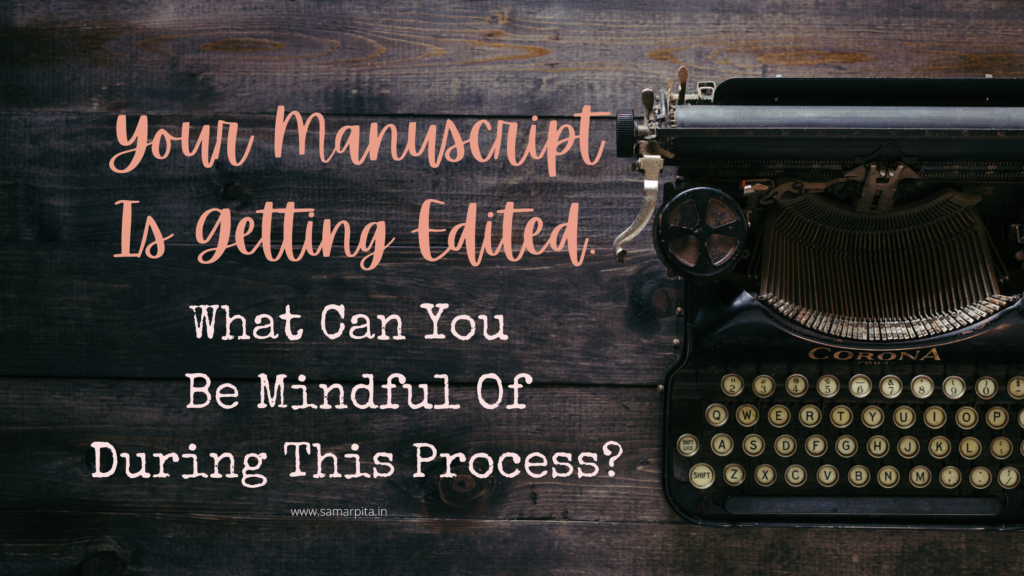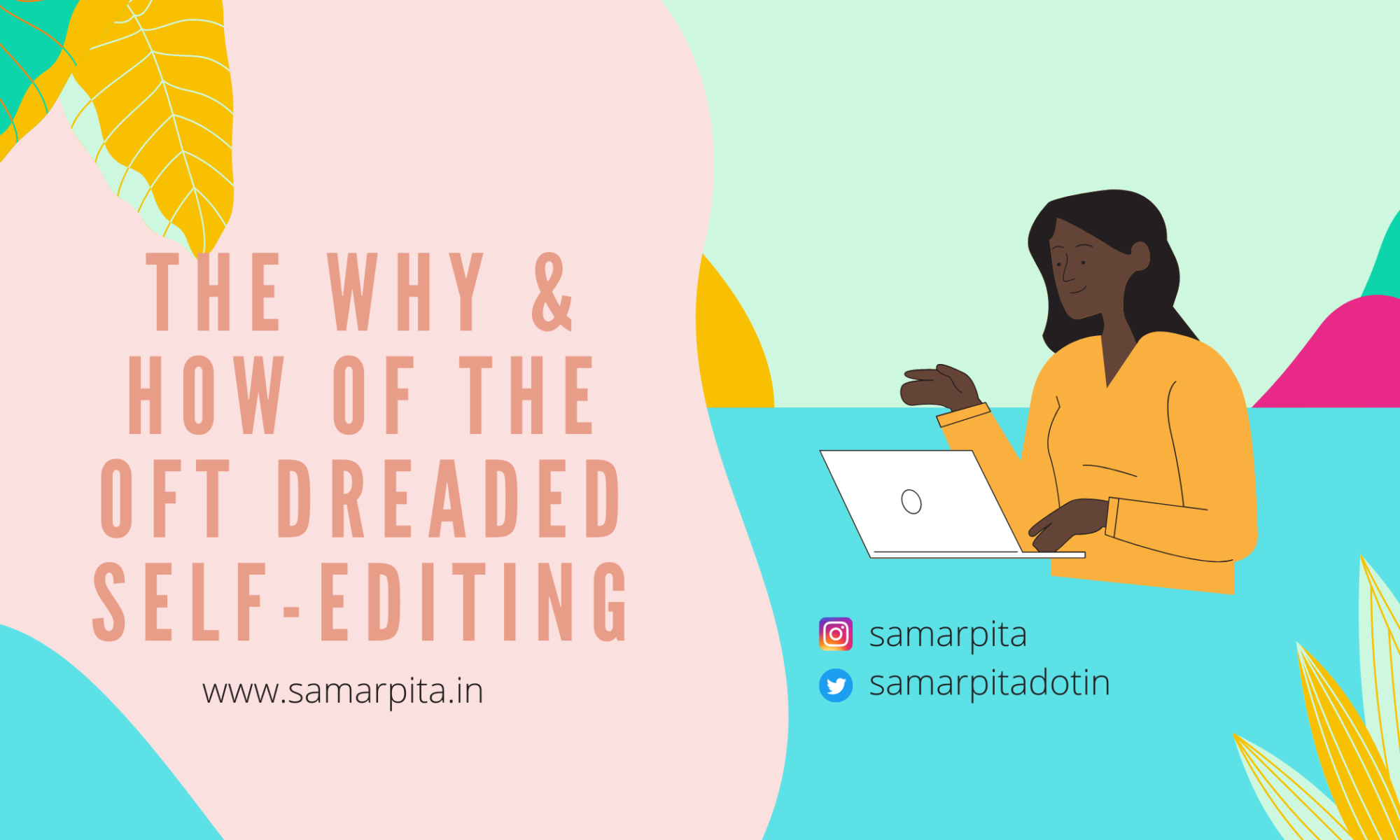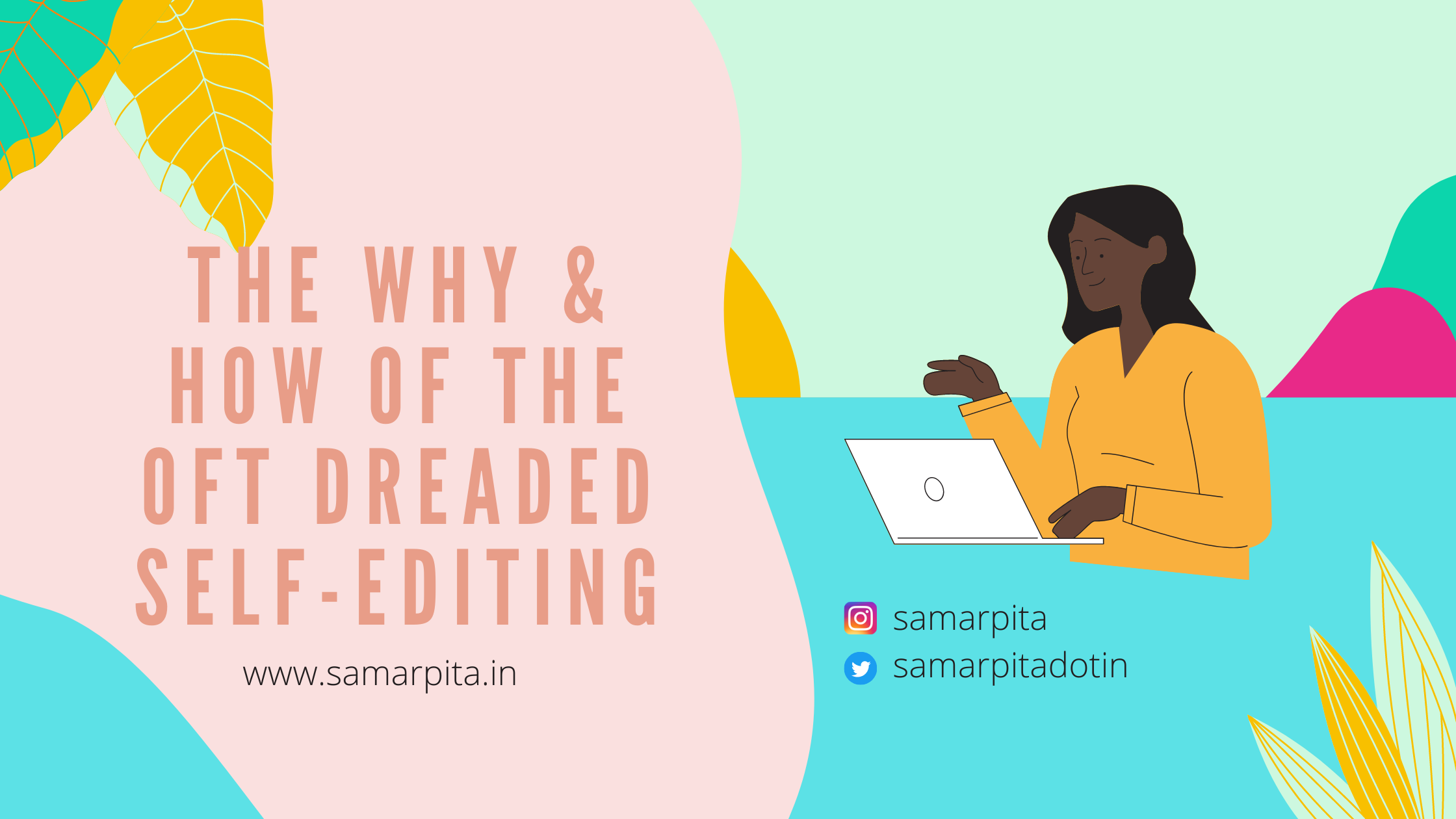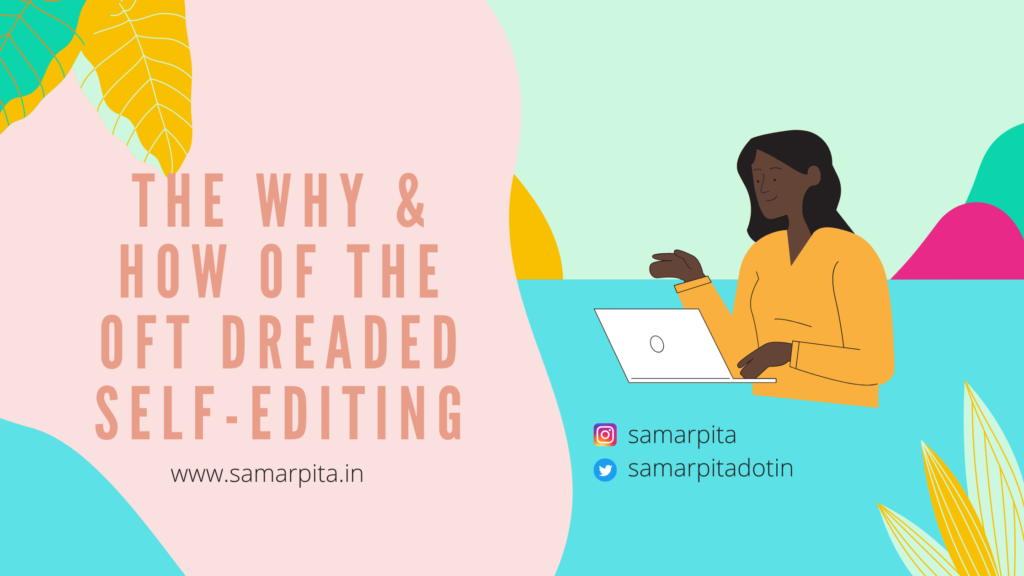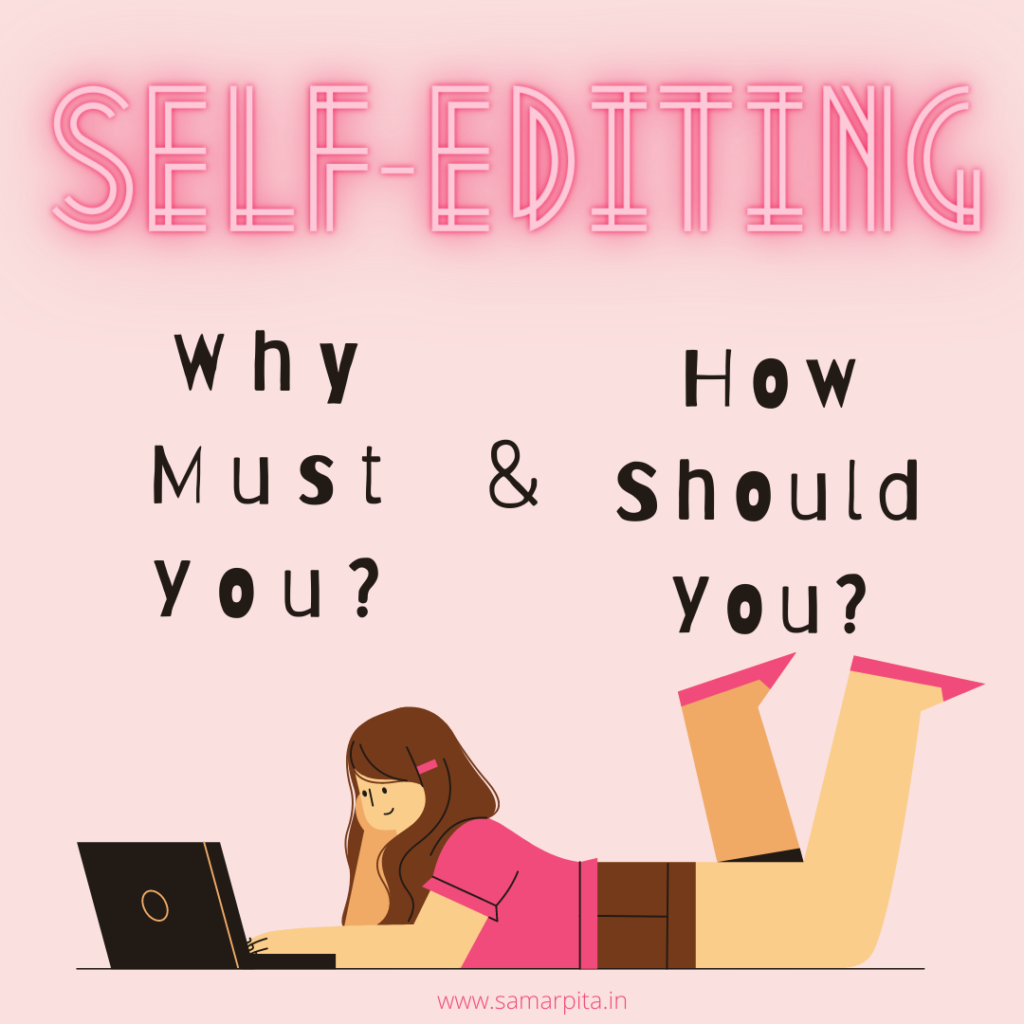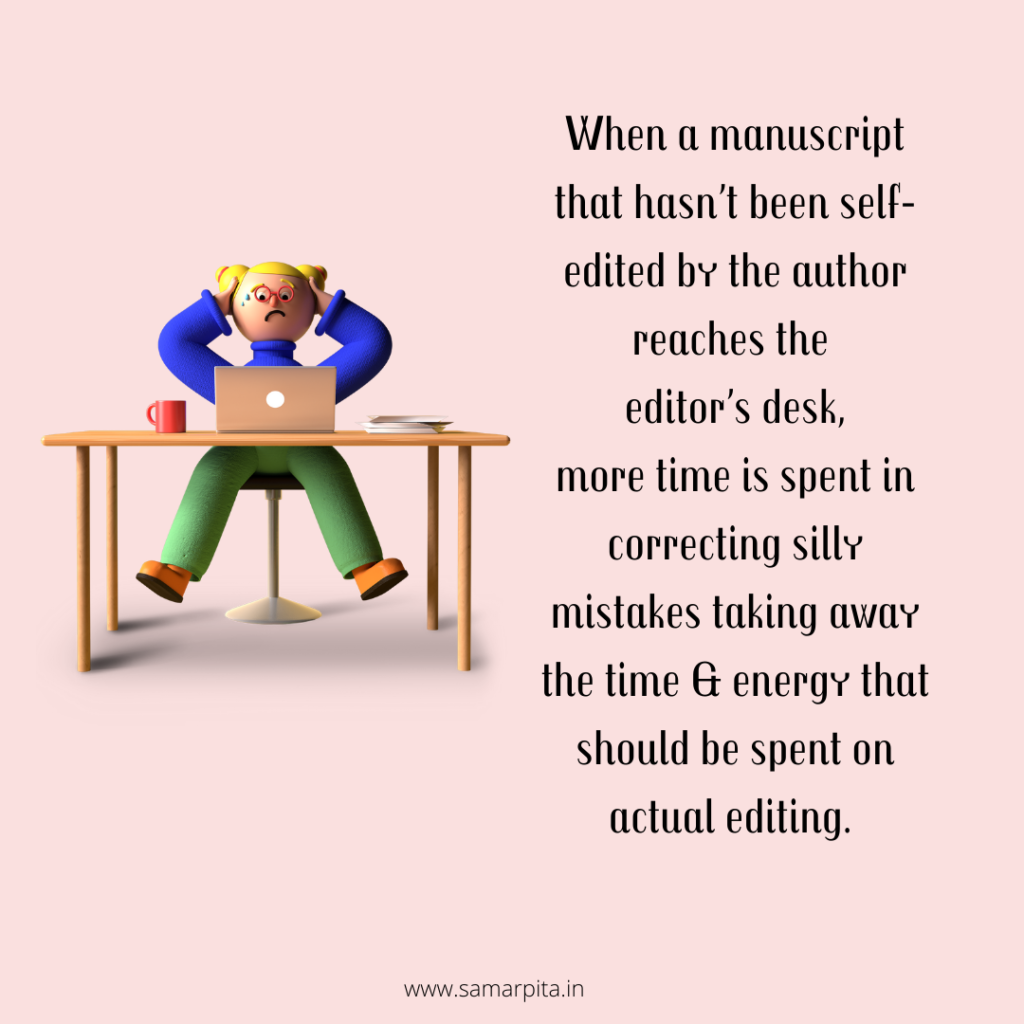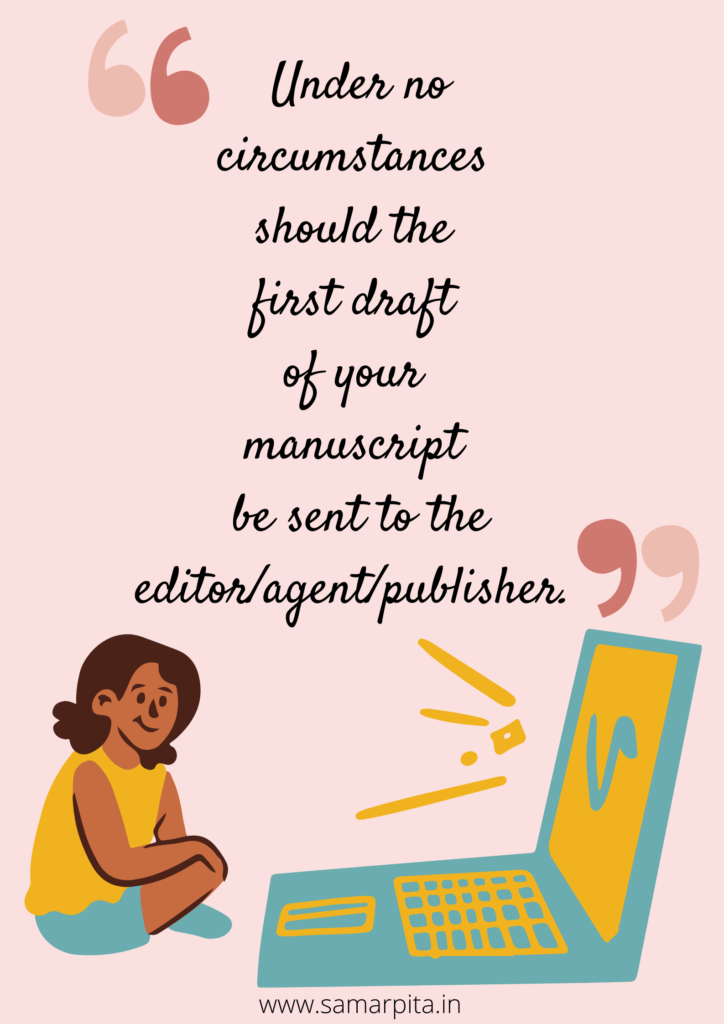How would you react if I told you that every business is now a part of the publishing industry? Chances are, that you might scoff at me. However, the fact remains that what you publish online about your business leads to its sale and popularity or lack of both.
While big businesses have taken to tapping the content industry in promoting, strategising and even implementing their advertisements, it is the SMB group which would benefit a lot if content marketing is used effectively. How can content be used effectively in promoting a business or a brand, you might ask.
Well, that would take a separate post altogether and I will definitely get down to writing one. However, from what I have noticed in my career as a content strategist is that most small and medium businesses have not yet recognised the need of content marketing for their business!
Let us understand how content marketing works. Let us assume that you are an interior decorator and over some years, you have started doing pretty well for yourself. Word of mouth has been working well for you till now, but it is time you expand. Do you need to advertise in unrelated market spaces? Not at all.
What you require is a content strategy, planning and implementation of your social media promotion, over social media platforms. You identify your target buyers and with the help of a content creator and a social media manager, roll out specific content to reach them. Content could be in the form of blog posts, social media posts, infomercials, etc.
Let us understand one more thing – buyers today are smarter than before. With almost everything available on the internet, they know how to research, read and find out the best option for their requirement. While the buyers don’t mind spending, they are also very clear about what they want. (e.g.) if I want a crop top which I want to buy online, I will check five websites, compare prices and place an order only when convinced. Now if your brand of clothes have informercials and blogposts talking about the special features of the garments available, and if it is marketed well (and by an expert), it will remain in their minds. So the next time, someone thinks of similar products, your brand name surfaces in their minds immediately.
Let me discuss five of the innumerable reasons why your business needs content marketing at the earliest, if you are not already using the medium.
Content Marketing Helps Grab Attention
Your product/service/work needs attention, and why not! The first step to ensuring that people buy what you have to offer, is ensuring that they know about it. And no amount of billboard, television or print advertising can compare to content marketing for certain brands. An advertisement limits your capacity to convey, to minutes and sometimes even seconds, or words. Content strategising and marketing on the other hand give you more time to reach out to your target buyers. Your audience is larger, and hence, so is the prospect of attracting more customers.
Related: 5 Things Every Entrepreneur Must Avoid
Content Marketing Helps Build Trust
Through content marketing, you can create a relationship of trust with your target and existing customers. When a potential or existing customer reads blog posts, informercials and social media posts coming from your brand, talking about what you are selling – an impression that you know about your business is formed. Take this post as an instance. If you have reached this page through a web search or probably clicking on the link shared on some social media platform, you will see who has written it. When you see more posts (legitimate, of course) from me on similar lines, you will start trusting my knowledge in the topic. Similarly for a fashion designer – if s/he writes about nuances of fashion and the content attracts readers, they will come back for more, start trusting the designer’s opinion and chances of them turning into a potential customer is higher. An advertisement on the television can showcase the designer’s designs, but what would increase the designer’s credibility would be good content and information.
Related: #Hashtags, and how to use them on social media
Create Brand Awareness With Content Marketing
Same goes for building brand awareness. The more your content is spread far and wide on the digital space, more number of people would be reading it. Strategies planned by content curators would help you take informational and promotional content about your business to concerned markets via the world wide web. Over here, I would also want to add that the content that goes on your business’ website is also crucial on how to reach out to potential markets. A content curator knows exactly what would catch a buyer’s eyes and would ensure that correct information goes there, in the precise format that it should. Strategic content marketing would attract traffic to your website/blog and introduce to the buyers, a brand that they might not have known, even existed! Slowly and steadily with a kickass content strategy and relevant content, you can build brand authority and reach the level of industry expert.
Related: Promote Your Home Without Leaving Your Home!
Content Marketing Helps Increase Engagement With Customers
One of the many handy things on the internet is the ability to be able to reach out to anyone. And for a business, this could be a boon, provided the aim is giving better customer service. When your business is out there in the world wide web and you are indulging in content marketing, you are also connected to the customer directly. This enables the customer to get in touch with you directly for queries, doubts, complaints and brickbats. Of course, praises come too and you, at your end, get first had feedback of how your product and services attached to it, is faring. Handling escalations and complaints are tricky business and language, tone, etc are very important. Here, experts helping you with content marketing can come to your rescue and assist you with communication strategies as well. May this never happen, but imagine that something goes wrong. It’s all over social media and people are angry. How do you solve this? By reaching out. Where? On social media. An advertisement on the television or newspaper wouldn’t solve your problem. This is a time when you might need to form content strategies overnight and get into damage control. ‘Hope you never need to, but if you ever do, I hope you consult specialists with enough experience.
Related: Are You Active On Twitter But Not Gaining Positive Visibility? This Is What You Could Be Doing Wrong.
With Content Marketing, You Can Make Your Business A Household Name
The Internet is a loud place and there is unimaginable amount of content moving across. Content marketing helps picking your game, strategising and channeling the content to the right markets. You could be a seller working out of your home or a small office in any part of the country (or, the world), but this enables you to take your business to almost every person who has a smart phone! The internet’s algorithms work like magic and if you entrust an expert with this job, you’ll be surprised at how far you and your business would reach! You can track your expenses, the outreach for every penny spent and even conversion. Content shared over the internet also gets re-shared openly, thus reaching ever more people – this is called, making the content go viral. A trusted and experienced name in content marketing could do more magic in promoting your business than you might have imagined. However, before you step into this and make an investment, it is important to know exactly what to expect, in how much time and for how much. I’ll write about the same soon and link the post to this one, so that if you are reading this, you can head over there as well. In the meanwhile, if you are still not convinced that content marketing would benefit you, drop a comment and let me try and convince you more!
Get in touch through the contact page if you are looking for content strategy/creation or curation!
If you are reading this post and have reached this part, it is a given that you know I am a professional manuscript editor. If you want your manuscript edited, evaluated, help with ideating or writing, or even a ghost writer – drop me an email to editor@samarpita.in and we can have a conversation. There is so much I want to share about writing, editing, and social media for authors – I have so many informative posts planned for the next few weeks – hope you find them helpful. If you do, or if there are things under these topics that you’d want me to write in detail about, leave me a message in the comment box and I promise I will create that content for you.
You can also hop over to author.to/Samarpita and check out my ebooks on how to write better and make a social media presence before your book hits the market. The books are FREE on Kindle Unlimited.
I am taking my blog to the next level with Blogchatter’s #MyFriendAlexa.






